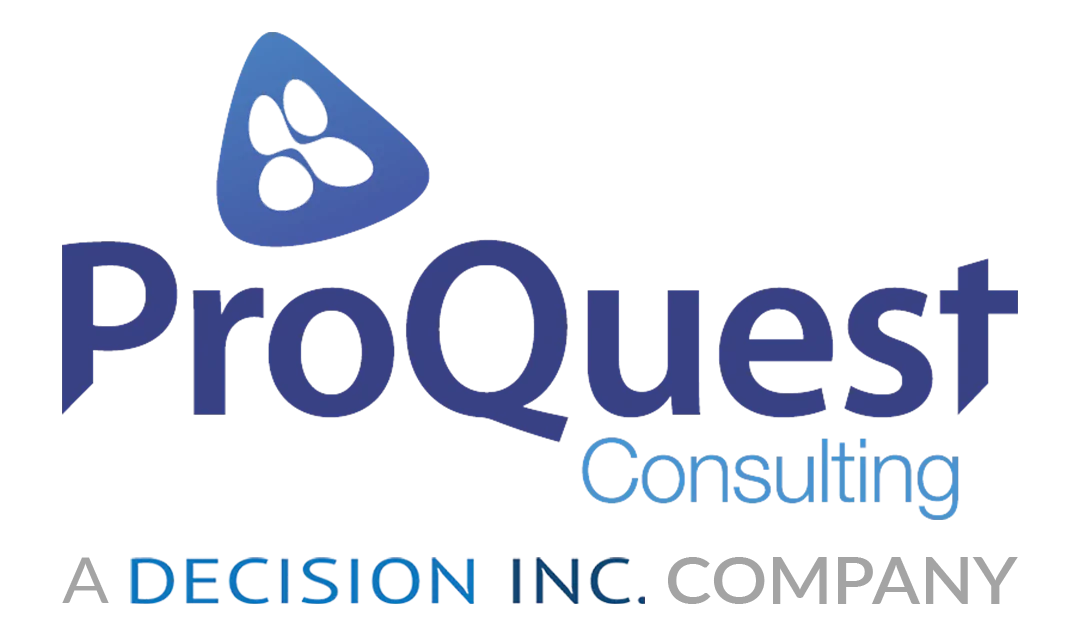
Smart Field Service Scheduling: Best Practices for Australian Utility Providers
Field service is the backbone of Australia’s utility sector, keeping energy, water, and essential infrastructure running smoothly. Yet many providers still rely on outdated scheduling methods that undermine technician productivity, customer satisfaction, and compliance. Smart field service scheduling offers a practical, technology-driven solution to these challenges.
At ProQuest, we help utility providers across Australia and New Zealand modernise their field service operations. With more than 12 years of experience in route optimisation, workforce productivity, and compliance support, we understand the unique challenges of the sector. Our expertise in field service management means we deliver proven strategies that improve efficiency, lower costs, and enhance customer satisfaction.
The Impact of Poor Scheduling
When scheduling is inefficient, everyone feels the pain. Technicians spend more time on the road than with customers, appointments are delayed or missed, and operational costs climb. In a highly regulated sector, these issues also increase the risk of SLA breaches and penalties.
For Australian utilities, where service areas often stretch across vast geographies, poor scheduling leads to lost productivity, higher overtime and fuel costs, and lasting damage to customer trust.
Smart Scheduling Defined
Legacy scheduling relies on manual planning, static calendars, and basic dispatching. It gets the job done but leaves little room for flexibility, scale, or customer focus. Smart scheduling takes a different approach, powered by real-time data, automation, and predictive insights.
Here’s how the two compare:
| Legacy Scheduling | Smart Scheduling | Effect on Utilities |
| Manual, paper-based or basic digital tools | Automated, AI-driven scheduling | Faster response times, less admin workload |
| Static calendars and fixed job assignments | Dynamic rescheduling based on traffic, cancellations, or emergencies | Technicians adapt quickly, fewer delays |
| Jobs allocated by availability, not skill | Intelligent skill-matching for the right technician every time | Higher first-time fix rates, better customer satisfaction |
| Little to no predictive capability | Predictive insights from IoT and historical data | Proactive maintenance reduces costly outages |
| Limited visibility for dispatchers and customers | Real-time updates across teams and customer portals | Transparency builds trust and compliance confidence |
In short, legacy scheduling keeps utilities reactive, while smart scheduling creates a proactive, customer-first model that drives productivity and better outcomes.
Smart Scheduling Best Practices:
Adopting smart scheduling is about embedding smarter ways of working across the entire field service operation. For Australian utilities, the following best practices deliver the most value.
- Empower Technicians with Mobile Tools
Scheduling is only as effective as the people in the field. Mobile apps that deliver live updates, route guidance, and job details enable technicians to complete tasks faster and with greater accuracy. Managers gain real-time visibility of progress, making coordination smoother across the workforce. - Optimise Routes, Crews and Flexibility
Optimisation is at the heart of smart scheduling. Efficient routes reduce time on the road, while crew optimisation ensures the right mix of skills is always available. At the same time, schedules must remain flexible. Traffic, weather, or emergency outages can disrupt even the best plans. Smart systems adjust in real time, reassigning jobs and balancing workloads to keep service delivery reliable and cost-effective. - Leverage Real-Time Data and IoT
IoT sensors on critical assets can trigger service requests automatically, while historical data predicts when maintenance is due. Pairing these insights with smart scheduling transforms field service from reactive firefighting into proactive problem-solving. - Prioritise SLA and Compliance Tracking
Service level agreements are non-negotiable in the utilities sector. Smart scheduling highlights critical jobs and tracks deadlines in real time. This reduces the risk of SLA breaches, protects revenue, and builds stronger customer trust. - Focus on Continuous Improvement
Optimising field service operations is not a one-off project. Leading utilities review performance data, gather feedback from technicians, and refine scheduling rules regularly. This ensures the system evolves as customer expectations, regulations, and business needs change.
Salesforce Field Service: Powering Smart Operations
The best practices for smart scheduling and field service improvement are only as effective as the platform that supports them. This is where Salesforce Field Service comes in. It takes the principles of optimisation, flexibility, compliance, and workforce empowerment, and makes them practical through one connected system.

With Salesforce Field Service, utilities can:
- Put scheduling intelligence into action with AI that automatically assigns the right job to the right technician.
- Give technicians everything they need in one place with mobile tools that provide schedules, work orders, and customer data.
- Provide real-time visibility for managers, dispatchers, and customers so everyone can track progress and stay informed.
- Connect the field to the business by linking field activity directly with Salesforce CRM, ensuring every job aligns with customer commitments and service goals.
At ProQuest, we combine our field service expertise with Salesforce technology to help providers embed these capabilities quickly and effectively. The result is not just better scheduling, but stronger end-to-end operations, from the first customer call through to job completion.
Why Field Service Companies Trust ProQuest
At ProQuest, we have partnered with some of the most recognised field service organisations across Australia and New Zealand. Our solutions are tailored to each business, delivering measurable improvements in productivity, compliance, and customer satisfaction.
Some of the results we have achieved include:
- Henry Schein: Faster response times and improved efficiency with omnichannel support and automated workflows for their repair operations.
- JB Hi-Fi: A 43% growth in installation sales and five times more installations completed weekly.
- BOC: A 10% boost in technician productivity through smarter scheduling.
- Smart Energy: A 40% reduction in sale-to-installation time, delivering faster results for customers.
ProQuest does not just provide solutions. We deliver real, measurable results. That is why field service companies across the region trust us to transform operations and prepare for the future. Talk to ProQuest today to see how Salesforce Field Service and our proven expertise can transform your operations, improve efficiency, and deliver better customer experiences.











